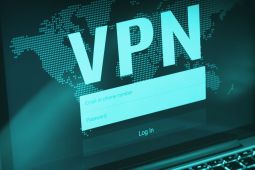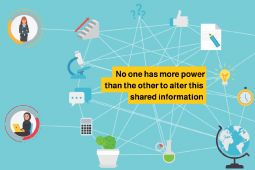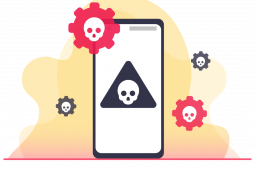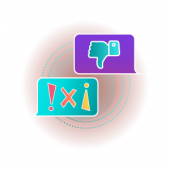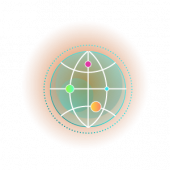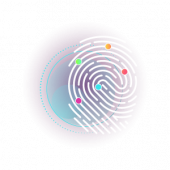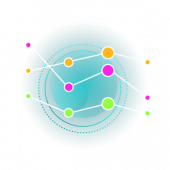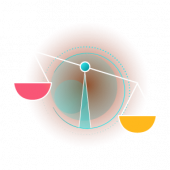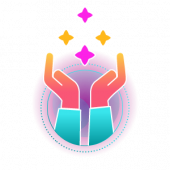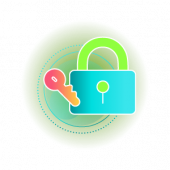What should I know before creating online content?
Joining Safe Online Communities
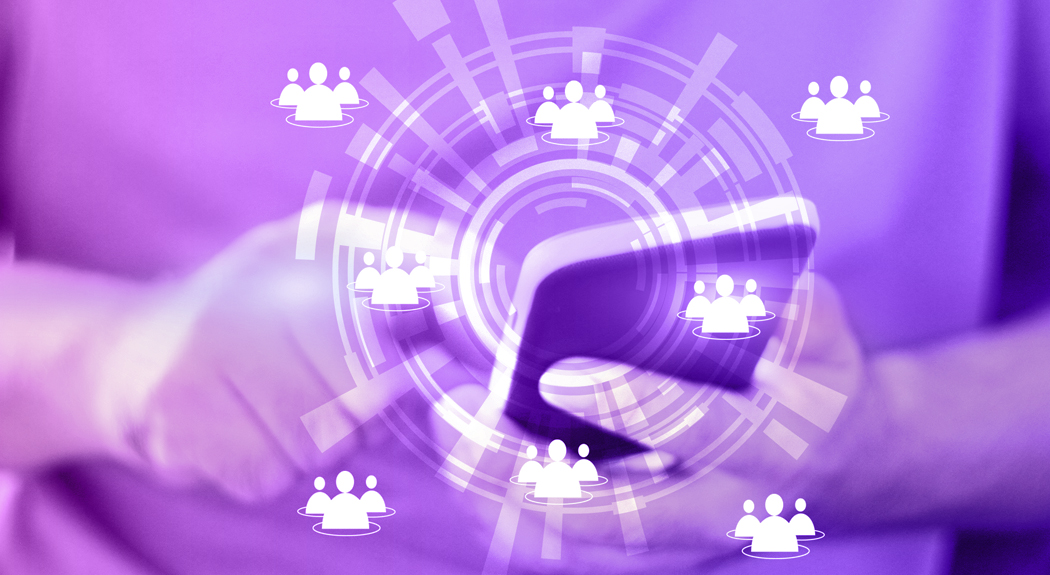
What is an online community and what does it involve?
An online community consists of individuals with shared interests and passions who come together to communicate virtually through the internet. When compared to physical communities based on in-person interaction, these online groups come with both unique advantages and disadvantages.
What are the potential benefits of joining such a community?
The fact that it is online makes the community more diverse and inclusive by bringing in individuals from anywhere around the world. If, say, you are interested in gaming, you can not only get in touch with gamers from a different city but also a different continent. Second, online communities make communication quicker but it can also be challenging at the same time. The benefits of such a community are immense. If you are a student, you can make an online group with your fellows and help each other out with any Mathematics problem that you might face. If you are a manager at a firm overlooking several employees, you can similarly form an online group to take timely updates or even discuss interests out of work. Perhaps, one of the contemporary examples of the benefits of shared online communities is the pace with which the vaccine for COVID-19 was developed through a shared platform where crucial information regarding the virus was shared instantly. An online community, in this case, made knowledge-sharing extremely easy and enabled international efforts to develop a vaccine as soon as possible.
How are online communities created?
A couple of platforms that help in creating online communities:
- WhatsApp: WhatsApp is a free online messaging tool that you can use to stay in touch with your friends. It allows forming groups where people can simultaneously chat with each other.
- Facebook: Facebook is a social media platform where users can share anything ranging from pictures, movies, or simply their thoughts! Anyone can make an account for free and add other users as friends.
- Twitter: Twitter is similar to Facebook, but it is more professional. You can “follow” certain topics of interest and get to see what people around the world think about them.
- LinkedIn: LinkedIn is a professional platform where people create their virtual curriculum vitae and virtually connect with other people interested in similar jobs and areas. This can be used to learn tips and tricks from leaders from different areas.
- Quora: Quora is a question-and-answer-based platform where people can ask questions on any and everything from people who have experience in that field. So, if I am interested in gardening, I can post a question and expect people with a background in gardening to help me out.
- Reddit: Reddit is similar to Quora but is more informal. This forum also has the so-called subreddits where people follow specific topics on a thread.
- Clubhouse: Clubhouse is an audio-only platform that people can join to discuss any issue.
What are some of the associated risks with joining online communities?
No online community is in and of itself safe. If you join an online group with many individuals that you do not know personally, there is a risk that they can leak your cellphone number which can be used to harass or bully you. At the same time, joining a large number of groups without a purpose or aim expose you to fake information, where false or doctored news is repeatedly circulated in different communities. Similarly, by default, anyone can search for your profile on Facebook and can bully you by directly messaging you. People can use these platforms to extract valuable information through scamming and phishing and, then, use that information to ask for ransom money.
Similarly, joining these communities can expose you to sensitive content like violence, inappropriate images, or other unethical content, which can cause both short-term and long-term damage to your psychological health. Using communities like Facebook also makes your data available to third parties who can potentially use that data to manipulate your behavior and opinions. So make sure that you do not share any personal information when subscribing or joining any online community.
What can I do to make sure that the online communities that I join are safe?
The following are a couple of steps that you can take to enhance your safety online:
- Use online communities with a clear objective in mind. Do not join or like groups simply because someone recommended it. Similarly, follow topics which you are interested in or would help you in some way. This will keep your social media profile focused on what is beneficial for you, and this could help avoid inappropriate material showing up on your news feed.
- Always make sure that your security features are enabled. Almost every online platform allows certain privacy and security features that make your personal data private and hide it from the public. For instance, you can hide your date of birth, phone number, and email from your Facebook account. You can also restrict who can send you a friend request or message you directly. This way you can control who can approach you. In case, you do experience some cyberbullying or harassment, you can either block that user or report it directly to the platform.
- Always join the groups which only include your friends and acquaintances i.e., people that you can trust. For example, do not join random WhatsApp groups with hundreds of members. If you need to form a community where you can (for instance) discuss opinions and views, make sure that only relevant people are part of that group.
- It is always recommended to nominate and elect moderators for any group that you might be a member of. Group moderators can ensure that people remain responsible and respectful. In case, there is some undesirable situation or a fight between two members, the moderator can jump in and resolve that situation. Many applications, like Twitter, allow the user to filter sensitive content from his/her news feed. This way exposure to unwanted content can be minimized.
- It is important to check the terms and conditions of each platform that you subscribe to. Many times, applications that do share your data/location with a number of vendors only add that they will do that somewhere deep down in the terms and conditions. To make sure your data remains secure, you can also prevent online applications to extract and share data with vendors. For instance, iPhone users can prevent applications from accessing their phone books or photo gallery, etc. from their phone settings. Similarly, settings on Android and iOS devices can prevent applications from accessing users’ real-time location.
- Share minimum personal data on any of the communities and do not reply to any messages or requests from people whom you do not know.
- Avoid communities where users can remain anonymous. Anonymity may enable and encourage cyberbullying and harassment which leads to lower self-esteem.
@2x.png)




